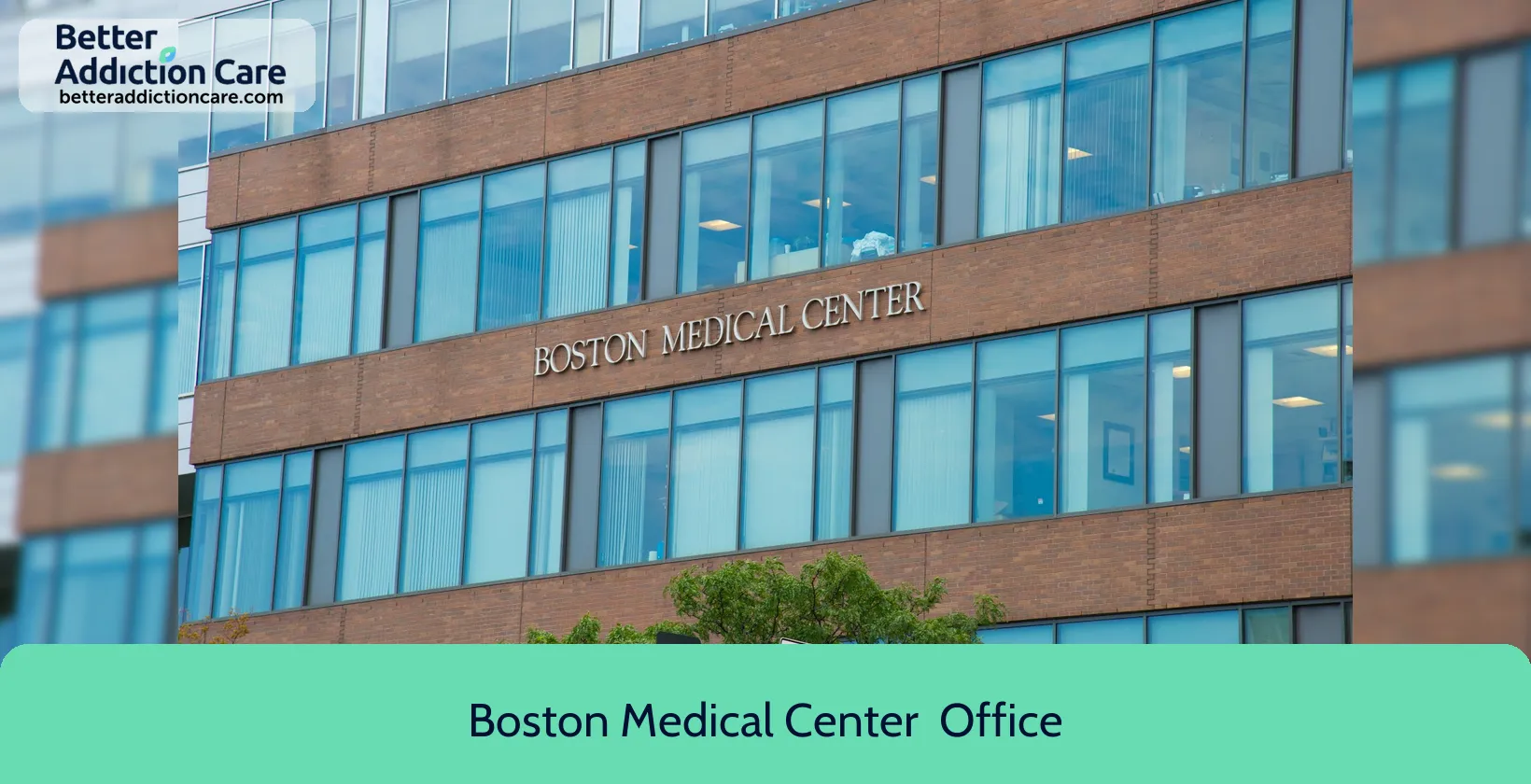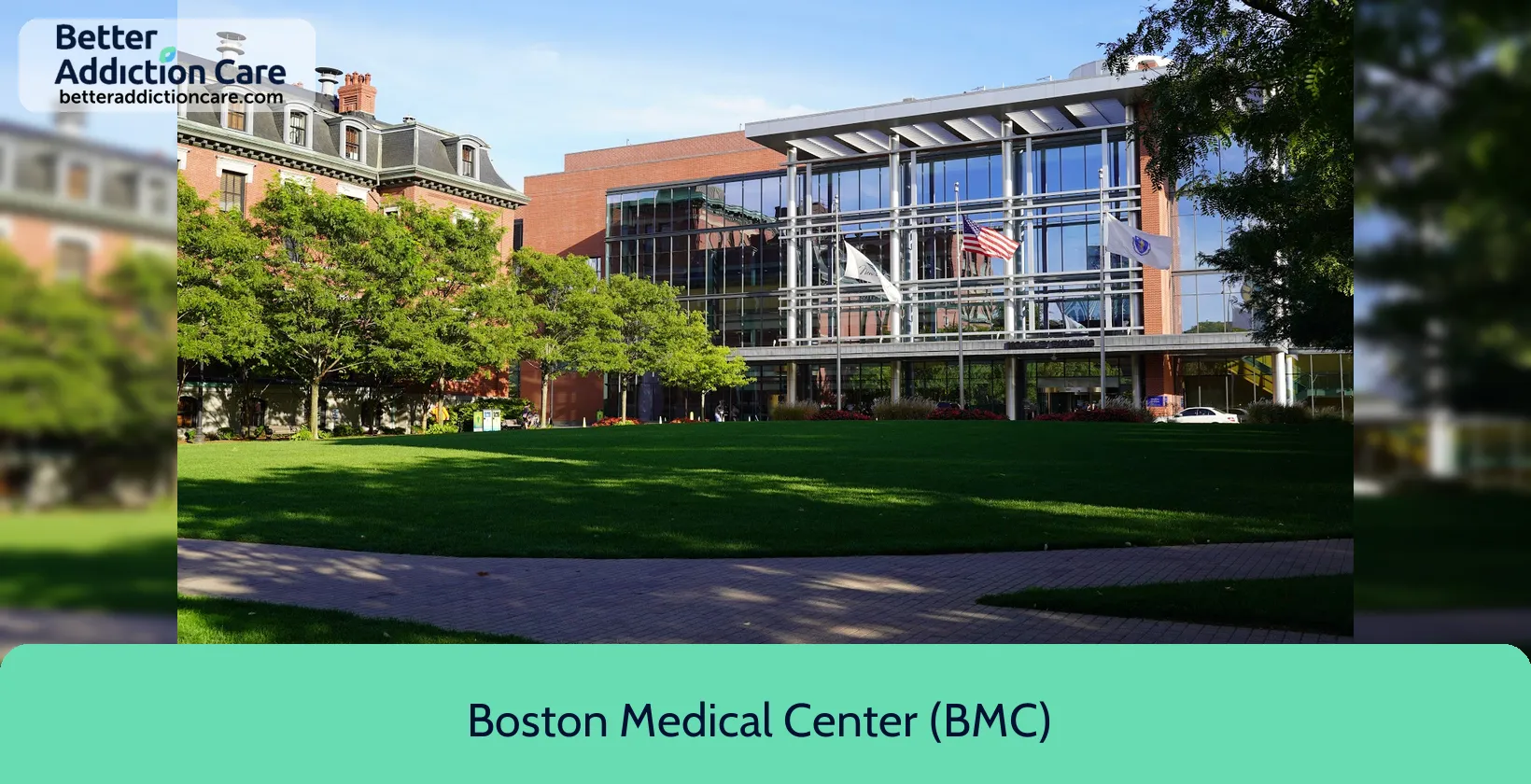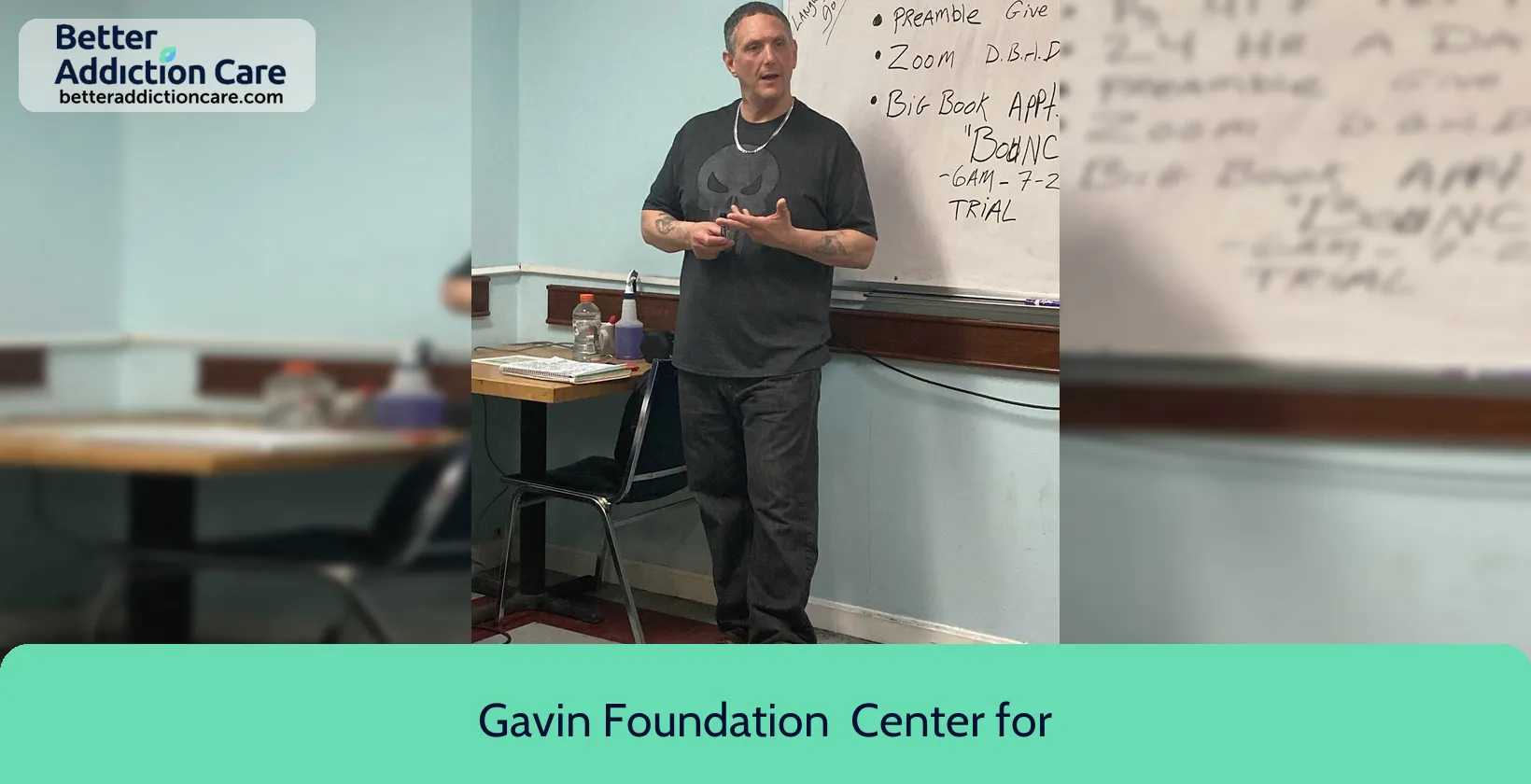Boston Healthcare for the Homeless

Overview
Boston Healthcare for the Homeless is a mental health treatment center for people seeking treatment near Suffolk County. As part of their treatment modalities for recovery, Boston Healthcare for the Homeless provides group counseling, cognitive behavioral therapy, and integrated mental and substance use disorder treatment during treatment. Boston Healthcare for the Homeless is located in Boston, Massachusetts, accepting cash or self-payment for treatment.
Boston Healthcare for the Homeless at a Glance
Payment Options
- Cash or self-payment
- Medicaid
- Medicare
- State-financed health insurance plan other than Medicaid
- Private health insurance
Assessments
- Screening for tobacco use
- Comprehensive mental health assessment
- Comprehensive substance use assessment
Age Groups
- Young adults
- Adults
- Seniors
Ancillary Services
- Intensive case management
- Case management service
- Chronic disease/illness management
- Diet and exercise counseling
- Family psychoeducation
Highlights About Boston Healthcare for the Homeless
6.65/10
With an overall rating of 6.65/10, this facility has following balanced range of services. Alcohol Rehabilitation: 8.00/10, Drug Rehab and Detox: 6.00/10, Insurance and Payments: 6.00/10, Treatment Options: 6.61/10.-
Alcohol Rehabilitation 8.00
-
Treatment Options 6.61
-
Drug Rehab and Detox 6.00
-
Insurance and Payments 6.00
Accreditations
Federally Qualified Health Center:
Federally Qualified Health Center (FQHC) accreditation is a process of evaluation and recognition by the federal government for community health centers that provide comprehensive and accessible healthcare services to underserved populations. FQHC accreditation is essential for centers to receive federal funding and to ensure that they meet standards for quality, patient-centered care.
Treatment At Boston Healthcare for the Homeless
Treatment Conditions
- Mental health treatment
- Alcoholism
- Substance use treatment
- Co-occurring Disorders
Care Levels
- Outpatient
Treatment Modalities
- Group counseling
- Cognitive behavioral therapy
- Integrated Mental and Substance Use Disorder treatment
- Telemedicine/telehealth therapy
- Smoking/vaping/tobacco cessation counseling
Ancillary Services
Languages
- Sign language services for the deaf and hard of hearing
- Spanish
- Other languages (excluding Spanish)
- Creole
Additional Services
- Pharmacotherapies administered during treatment
- Mentoring/peer support
- HIV testing
Special Programs
- Clients with HIV or AIDS
Get Help Now
Common Questions About Boston Healthcare for the Homeless
Contact Information
Other Facilities in Boston

6.87

7.33

7.75

7.06

7.03

7.46

7.08

7.31
DISCLAIMER: The facility name, logo and brand are the property and registered trademarks of Gavin Foundation - Center for Recovery Services, and are being used for identification and informational purposes only. Use of these names, logos and brands shall not imply endorsement. BetterAddictionCare.com is not affiliated with or sponsored by Gavin Foundation - Center for Recovery Services.
